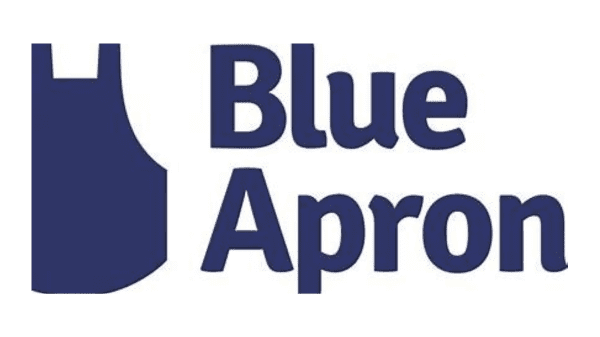Company Plans to Achieve 100% Recyclable, Reusable or Compostable Meal Kit Packaging by 2025
NEW YORK–(BUSINESS WIRE)– Blue Apron BB #:292398 today announced a new sustainable packaging goal for its meal kit boxes of 100% recyclable, reusable or compostable by the end of 2025. The company also strives to use 75% post-consumer recycled content, by weight, in its meal kit boxes by the end of 2025.
By establishing these goals, Blue Apron is the first major meal kit company in the United States to announce time-bound targets around packaging goals.
“With these new goals, we are building on our history of sustainability through food waste reduction, packaging improvements, and ingredient standards,” said Linda Findley Kozlowski, Blue Apron’s President and Chief Executive Officer.
“We estimate that our meal kit packaging is currently 85% recyclable by weight, and we are the first major meal kit company in the United States to use only drain safe frozen gel packs in all of our boxes. While we’ve made significant progress, we recognize that our next big opportunity is further improvements in packaging across our business.”
Delivering high-quality, responsibly-sourced ingredients while minimizing environmental impact has always been a priority at Blue Apron.
The company became the first major meal kit company to join the U.S. Food Loss & Waste 2030 Champions in 2016, and it estimates that it had exceeded its goal of reducing food waste in its fulfilment center operations by 50% between 2017 and 2019. In addition, cooking Blue Apron meal kit recipes could reduce a person’s carbon footprint by an estimated 25%, compared to preparing the same meal from ingredients purchased from a grocery store.*
The company is also the only major meal kit company in the United States to have publicly established goals around animal welfare standards.
Setting the new packaging goals is one of the priorities of Blue Apron’s corporate social and environmental impact program, Aprons For All. The company is dedicated to managing the environmental and social impacts of its business to support an ethical, resilient food system. To learn more about Aprons For All, visit blog.blueapron.com/aprons-for-all.
“Carbon offsets are not the sole solution to improving sustainability,” continued Findley Kozlowski. “We are working to reduce the environmental impact of the full production and waste process in our operations to minimize our impact right from the start of the cycle.”
To achieve its new packaging goals for its meal kits, Blue Apron plans to continue to build on its progress by:
• Using dynamic packaging: With the help of Blue Apron-designed technology, the company optimizes its packaging based on various attributes of a customer’s weekly meal kit order. This allows for the appropriate packaging configuration with the goal of ensuring safe delivery, while reducing the amount of packaging used.
• Identifying new packaging opportunities: Blue Apron’s packaging engineering lab conducts regular tests on new materials and innovative solutions to identify opportunities to reduce environmental footprint, including improved recyclability and increased post-consumer recycled content. This lab facilitates collaboration between members of the Packaging Engineering, Food Safety and Quality Assurance, Operations, and Corporate Social Responsibility teams.
• Engaging the right partners: To ensure accountability and support progress toward its goals, Blue Apron continues to engage reputable, third-party partners. This includes How2Recycle®, a respected standardized labeling system that clearly communicates recycling instructions to the public, and Sustainable Packaging Coalition, a leading voice in packaging sustainability.
Full details of Blue Apron’s packaging commitment can be found at blog.blueapron.com/sustainable-packaging-goals.
*According to a University of Michigan paper published in 2019, which can be found at https://bit.ly/3x5pGjf.
About Blue Apron
Blue Apron’s vision is “better living through better food.” Launched in 2012, Blue Apron offers fresh, chef-designed recipes that empower home cooks to embrace their culinary curiosity and challenge their abilities to see what a difference cooking quality food can make in their lives. Through its mission to spark discovery, connection and joy through cooking, Blue Apron continuously focuses on bringing incredible recipes to its customers, while minimizing its carbon footprint, reducing food waste, and promoting diversity and inclusion.



